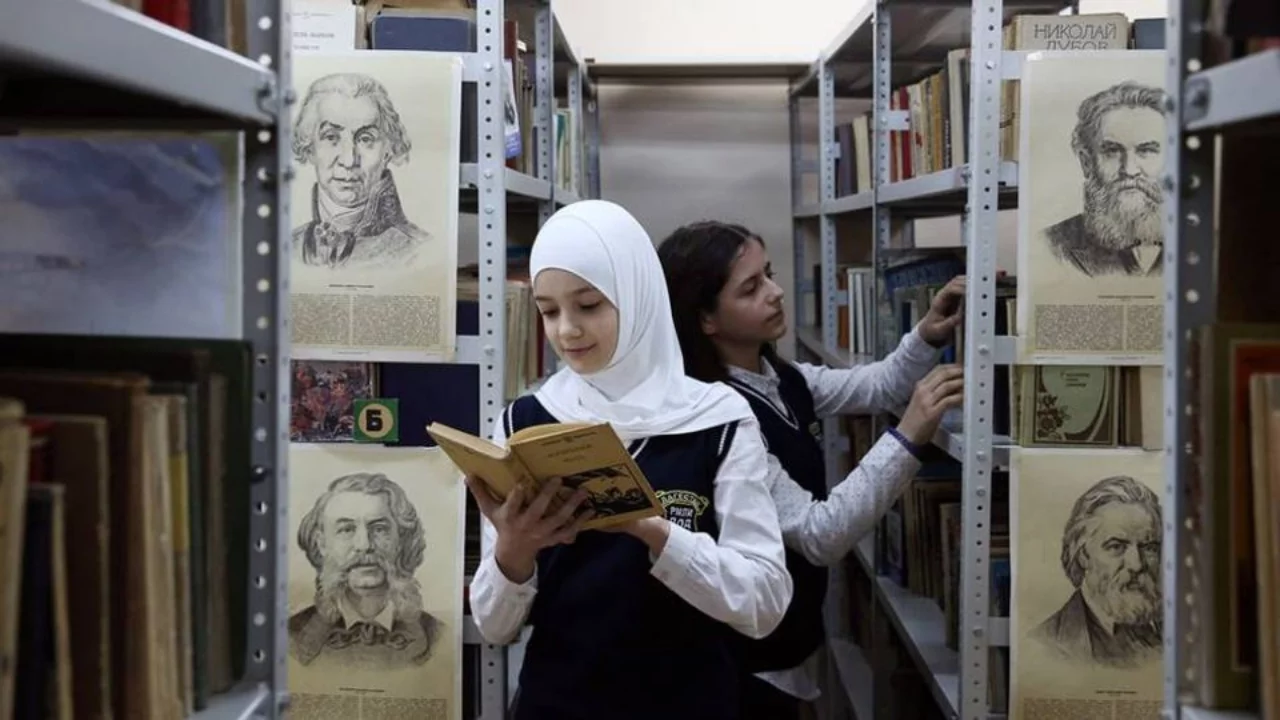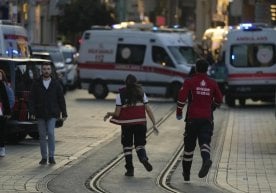Russia bans school attendance with headscarves again

Discussions about religious clothing in Russian schools are intensifying. Now this issue has reached the Khanty-Mansi Autonomous Okrug — the local government has decided to prohibit students from attending educational institutions wearing head coverings, including hijabs and niqabs. This was reported by Ura.ru, citing the regional Department of Education and Science.
According to department representatives, the new regulation will be gradually introduced in 303 schools across the region. Each educational institution made this decision independently through its internal documents. “Monitoring was conducted, and the decisions are being approved step by step during the academic year,” the official statement says.
Hijabs, niqabs, and other head coverings banned
According to the department, the ban applies not only to hijabs or niqabs but also to all types of headwear — scarves, skullcaps, hats, and others. School administrations made this decision taking into account the opinions of parent councils and local communities.
It is also emphasized that before a child is admitted to school, parents review the school charter, internal regulations, and appearance requirements, then sign an acknowledgment. If they disagree, they may choose an alternative form of education — such as homeschooling or distance learning.
In a statement from the Yugra Department of Youth Policy, it is noted that this measure aims to “ensure a unified secular environment in schools” and “limit the influence of religious symbols in the educational process.”
Not the first time
This is not the first such case in Russia. In October 2024, a similar ban was introduced in schools in the Vladimir region. At that time, local authorities explained the decision by stating that “Russia is a secular state.”
Officials referred to the laws “On Freedom of Conscience and Religious Associations” and “On Education,” according to which religious clothing contradicts the principles of secularism in the educational process.
Deputy Governor of the Vladimir Region Vladimir Kuimov said the ban was introduced to prevent conflicts between students caused by religious differences.
Criticism and public debate
While authorities describe this step as “strengthening the secular foundations of education,” activists and human rights defenders view it as a restriction of religious freedom and a violation of human rights. They emphasize that the state should treat all groups equally and that punishing individuals for expressing religious beliefs contradicts democratic values.
Similar restrictions are currently being discussed in several other Russian regions. Experts believe this trend could further complicate the balance between secularism and personal freedom in the country.
Thus, the issue of religious clothing in Russian education has once again become a subject of heated debate — this time in the Khanty-Mansi Autonomous Okrug.
Read “Zamin” on Telegram!





















